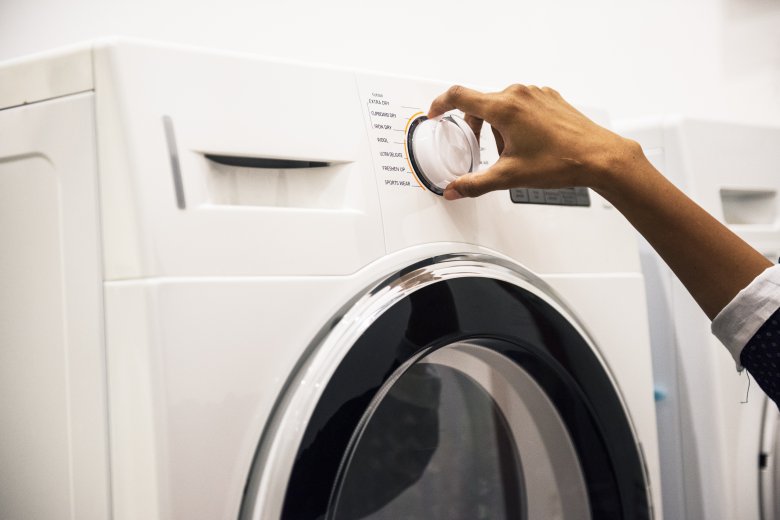- April 24, 2024

High electricity, water and wastewater bills are a nuisance in many homes. Attempts to reduce these fees are often unsuccessful due to bad habits or outdated household appliances. Modern household appliances are manufactured in ever more economical variants - the highest energy classes are almost a standard. One of the appliances that consumes a lot of energy and water is the washing machine. In many homes, laundry is done up to several times a week, especially in larger families with children. Is it worth choosing a cost effective washing machine? Is it really a hit or just a marketing game?
The economical operation of a washing machine depends on many factors. One of the most important issues is the choice of the right model of device. If you need to buy a new washing machine, it is worthwhile to buy an energy-saving model in one of the highest energy classes (A+, A++ or A+++). The difference in energy consumption between a washing machine in class A++++ and a washing machine in class A is very large and with very intensive use of the machine, the purchase of a cost effective model will pay off.
Electricity consumption is just one of the factors that contribute to the saving of a washing machine. Reducing water and detergent consumption is also important. In places with an extensive sewage network, the fees for waste collection are not as high as in smaller towns where the costs of collecting sewage from a household tank have to be borne. For many people the priority will be to reduce water consumption during washing. So, when choosing a washing machine, it is worth paying attention to how much water it uses during the standard cycle. This information is often available in the product description or in the manufacturer's instructions. Modern washing machines are devices with advanced functionality - they can choose the amount of water for the weight and volume of the wash. It is worth choosing a model that allows you to run a cycle with half load and which has different washing programs to save water, electricity and detergents.
Economical washing machines are not the only way to reduce energy bills. The way to lower your electricity bills is to use the device properly. Consider changing your electricity tariff to one that allows you to use energy at a lower price, for example in the evening or at weekends. In such a system, many of the household tasks that require electricity can be performed during the hours when energy is cheapest. Many washing machines have a delayed start function, so you can load them at any time and program them to turn on when the current is cheapest.
Even the most economical washing machine will not help to reduce household bills if it is used improperly. The key issue is the right habits. It is not worthwhile to run many washing cycles with a small amount of clothes. It is much more economical to collect more clothing and start one cycle with full load. One more wash will consume much less electricity. It is also a way to save detergents and water. In one washing cycle with a full drum, we use less water, powder and rinsing fluid than by running the machine 2 or 3 times with half a load. It is our habits and the right washing machine that determine how much we will have to pay for our laundry. It's worth looking at all these aspects and starting to save money on simple things like washing clothes.